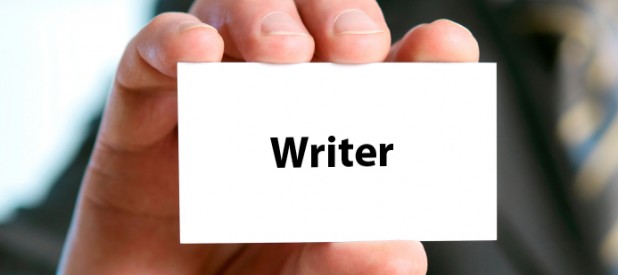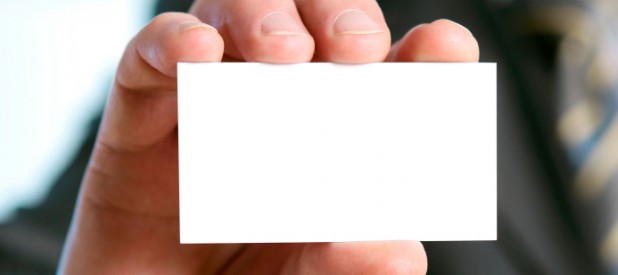If you’re struggling to claim your creative identity as a writer — or to reclaim it — there are a few things to keep in mind.
- Write regularly. Consistent daily writing will help you find your way back to your writing identity. Binge-bust writing patterns don’t create a sustainable sense of identity. Writing on a regular basis does.
- Introduce yourself as a writer. Decide that you are a writer and say so when you talk to people. If you’re on social media, put “writer” on your account profiles.
- Validate yourself as a writer. Stop looking for permission outside yourself to known or validated as a writer. Reward yourself for overcoming the resistance to writing EVERY DAY.
- Be clear about what it means to be a writer. Try on the idea that writers write. And then make sure you’re doing that. Try letting go of the idea that you have to be paid before it “counts”. Or published. Or on the big screen. Writers write.
- Take your dream of writing seriously. Don’t treat it as something to be shoehorned in around the edges. Design your life around your writing — not the other way around. Align all your levels of experience (surroundings, beliefs, values, actions, etc.) with your writing.
- Look for positive messages about writing. There are lots and lots and LOTS of people out there ready and willing to tell you how impossible it all is, that you/they will never make it, and it’s too hard. Choose to put yourself around people who know there is always a way in, even if you/they haven’t found it yet.
- Surround yourself with other (positive) writers. Your consciousness is affected by the people around you. Put yourself in situations where other people see you as a writer (classes are a great place to start). If you’re on social media, fill your feed with writers. Hang out with writers — but make sure they’re the writers that know that succeeding as a writer is possible.
Thanks for reading!
I always love to hear what you think in the comments.
Warmly,

You may also be interested in:
- Design your writing life as a mom (or dad!)
- The struggle with creative identity
- How to tell if you are a writer, or not
- When are you a writer?




